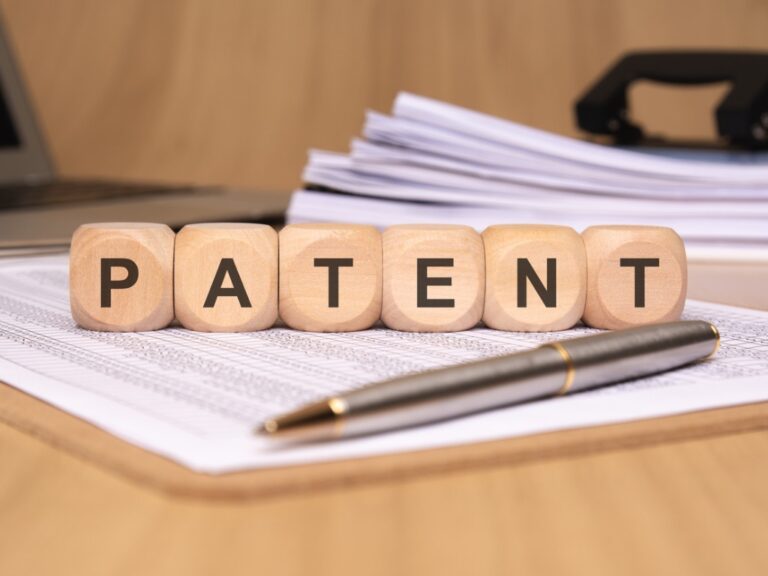PTAB Decision Highlights Challenges for AI-Based Patent Eligibility
June 5, 2025

James W. Soong of Sheppard Mullin writes that Ex parte Michalek, a recent Patent Trial and Appeal Board (PTAB) decision rejecting an AI-based patent for a medical diagnostic device, has wide-ranging implications for artificial intelligence (AI) innovation.
Although the invention was recognized as novel and not obvious, the PTAB ruled it ineligible for patent protection under US law due to subject matter eligibility constraints.
This case highlights the challenges that AI-related inventions may encounter under current patent eligibility standards, particularly in sectors where innovations intersect with natural laws or abstract concepts.
The patent at issue claimed a machine learning-based method for predicting disease states based on biomarkers, specifically for the diagnosis of lung cancer. The applicant had overcome all prior art objections, establishing the novelty and inventiveness of the invention.
However, the application was ultimately denied solely based on subject matter eligibility, a threshold issue under US patent law that limits patentability to certain types of inventions (e.g., machines or processes), while excluding abstract ideas and natural laws.
The PTAB determined the claims were grounded in natural law and a mathematical concept, invoking Patent Office guidance and related examples that classify similar medical diagnostic tools as ineligible.
The board emphasized that, while the invention presented a new idea, it did not enhance a computer’s functionality or provide a technical solution beyond an abstract concept.
Notably, the PTAB did not consider more favorable guidance examples, or whether including a treatment component might have altered the outcome
The decision reinforces the importance of strategic application drafting. Attorneys should make a point of informing AI-based patent applicants that they must anticipate eligibility challenges by aligning claims with USPTO guidance and selecting examples that strengthen their case.
Emphasizing tangible technological improvements and avoiding reliance on abstract modeling alone may help navigate eligibility hurdles and support successful prosecution.
Critical intelligence for general counsel
Stay on top of the latest news, solutions and best practices by reading Daily Updates from Today's General Counsel.
Daily Updates
Sign up for our free daily newsletter for the latest news and business legal developments.




